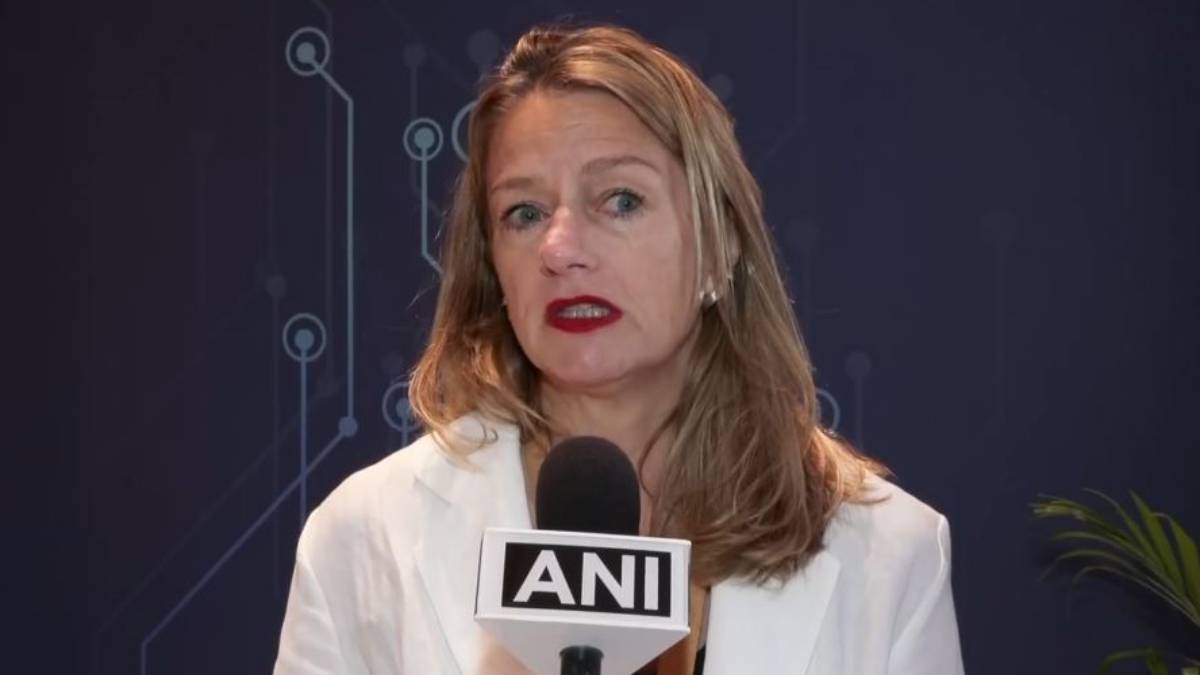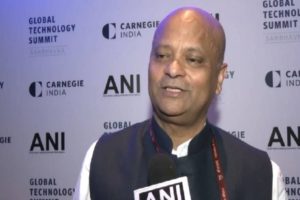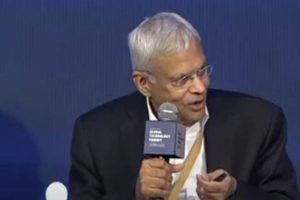Carnegie Europe Director Rosa Balfour has asserted that the European Union is well-equipped to respond to a potential global trade war and has been actively preparing its response toolkit for several months. Speaking during the “Tariffied World: T minus” panel at the Global Tech Summit on Saturday, Balfour emphasized that Europe is not only composed in the face of growing US-China trade tensions but is also expanding its global trade outreach to minimize disruptions.
“The EU has the tools to respond to a trade war and has been preparing its toolbox for several months,” Balfour said. She noted that the bloc is already accelerating trade negotiations with key partners including India, Malaysia, the Philippines, and the UAE to diversify trade relationships and reduce dependency on the current volatile transatlantic and Sino trade corridors.
Balfour described Europe’s approach to US tariffs as measured. “Europeans have stopped trying to interpret the underlying strategy of these tariffs, especially under the Trump administration, where rationale has been unclear. Instead, they’ve focused on finding agreements while maintaining composure,” she explained. She emphasized the significance of the $9.5 trillion transatlantic economy that supports 16 million jobs, stating that EU-US relations are a two-way street that both sides need to protect.
Balfour also highlighted comments from EU Commission President Ursula von der Leyen, who reaffirmed the bloc’s readiness to take action, saying, “We have several tools,” while also noting the EU’s proactive engagement with international partners.
Adding to the discussion, Evan A. Feigenbaum, Vice President for Studies at the Carnegie Endowment for International Peace, argued that the real conflict lies between US President Donald Trump’s tariff policies and market forces. “This isn’t just a US-China trade war—it’s a clash between erratic policy decisions and global market stability,” he stated.
Feigenbaum criticized the Trump administration’s contradictory rationales for imposing tariffs—ranging from revenue generation to reshoring manufacturing, deal-making, and containing China—arguing that the mixed messaging has only heightened uncertainty. “If this was truly about China, the administration wouldn’t have targeted allies like Canada and Denmark,” he said.
The panel discussion came amid a sharp escalation in US-China trade tensions. On Friday, China retaliated against new US tariffs by raising its own tariffs on American goods to 125 percent. The Chinese government also filed a formal complaint with the World Trade Organization (WTO), further intensifying the standoff.
The White House had earlier announced a 145 percent duty on all Chinese imports, although a temporary 90-day pause was granted for most other nations. China remains excluded from that relief.
With global markets responding nervously and trade alliances shifting rapidly, the EU’s strategic posture and diversification efforts may play a critical role in buffering the impact of a full-blown trade war between the world’s two largest economies.





